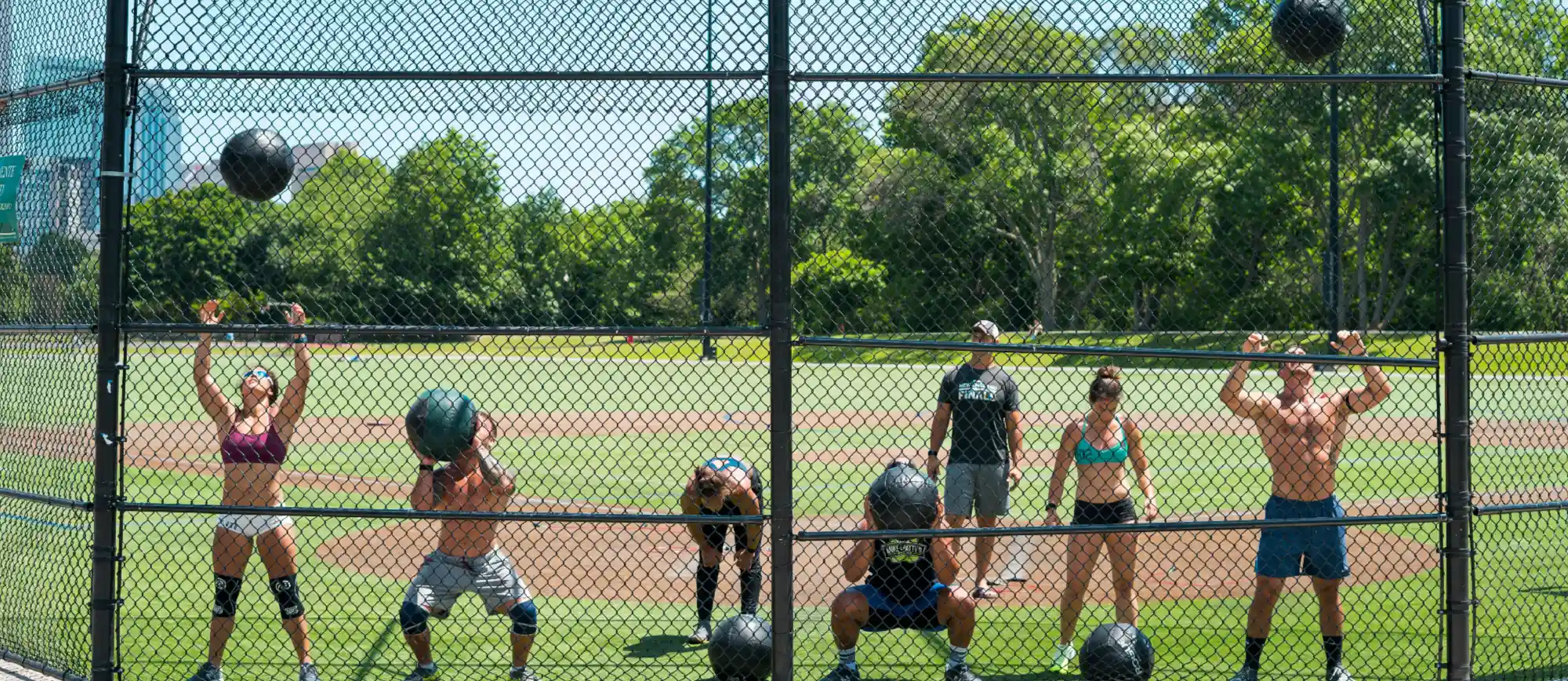Topics
- Article
#WHOOPEd Weekly Digest, Vol. 19

The importance of fiber intake for endurance athletes, why time “slows down” during intense workouts, and the potential to heal our bodies by changing the genetic code of living cells.
Monday, September 11
Repairing Organs With the Touch of a Nanochip
http://spectrum.ieee.org/video/biomedical/devices/repairing-organs-with-the-touch-of-a-nanochip
- A new technology developed by Ohio State University researchers called “tissue nanotransfection” can change cells from one type to another.
- The touch of a nanochip can alter the function of living cells while inside the body.
- An electric current sends a synthetic DNA strand into the cells and essentially reprograms them.
- The researchers had success repairing the injured leg of a mouse by changing skin cells to endothelial cells (that form blood vessels) and increasing blood flow through the leg.
- They plan to run clinical trials on human beings next year.
Tuesday, September 12
Fiber Intake Guidelines for Endurance Athletes
https://www.trainingpeaks.com/blog/fiber-intake-guidelines-for-endurance-athletes/
- Fiber is made up of the parts of plant foods that the body is unable to break down, carbohydrates that the body doesn’t absorb.
- There are two types of fiber: Soluble (which dissolves in water) and insoluble (which stays intact and helps digestion).
- Athletes in training should consume 20-35 grams of fiber per day (compared to the 10-15 grams that most people average), ideally from natural foods as opposed to supplements.
- High-fiber foods help you feel more full for longer periods of time, and in turn maintain a healthy weight.
- Try to ingest fiber at least two hours before working out–too much fiber close to excercise can cause digestive issues.
Wednesday, September 13
How a Cycling Team Turned the Falcons Into NFC Champions
https://www.theringer.com/nfl/2017/9/12/16293216/atlanta-falcons-thomas-dimitroff-cycling-team-sky
- On their way to the Super Bowl last season, the Atlanta Falcons adopted a strategy from Team Sky, the world’s premier cycling team. It’s referred to as “the aggregation of marginal gains.”
- Team Sky, who has won five of the last six Tour de France races, aims “to create as many tiny advantages as they can—through things like maintaining consistent sleeping habits and hiring a surgeon to teach cyclists how to avoid illness.”
- The Falcons interpreted this as trying to do everything they do on the practice field 1% better.
- Methods to get there included bringing raucous fans to practice to simulate a game, and replicating unusual combinations of back-to-back plays. In the words of coach Dan Quinn, “Create a little chaos and see how they handle that and thrive in that.”
Thursday, September 14
Where science meets practice: Olympic coaches’ crafting of the tapering process
http://www.tandfonline.com/doi/abs/10.1080/02640414.2017.1362717
- A study from researchers in Scotland explored how Olympic coaches implement tapering for their runners.
- They examined the processes of seven track and field coaches who’d worked with Olympic medalists.
- Findings showed a general theme of cutting back volume while maintaining workout frequency and intensity.
- The coaches varied the process from athlete to athlete, taking psychological factors into account, as well as feedback from the athlete.
Friday, September 15
Yes, Time Really Slows Down When You’re Running Hard
https://www.runnersworld.com/sweat-science/yes-time-really-slows-down-when-youre-running-hard
- A study from the University of St. Mark and St. John in Plymouth, UK, had athletes participate in multiple 20-minute rowing workouts at three different levels of physical exertion: light, heavy and maximum effort.
- The participants were unaware of the time as they exercised, but were asked to estimate when they’d completed 25%, 50%, 75% and 100% of the 20-minute workout.
- Results showed that the harder they were working, the faster they thought the time went by.
- The author likened it to previous research on time “slowing down” when we are in danger, saying “as danger increases, the subjective perception of time elapsed decreases due to greater than usual sensory awareness in a given period of time.”